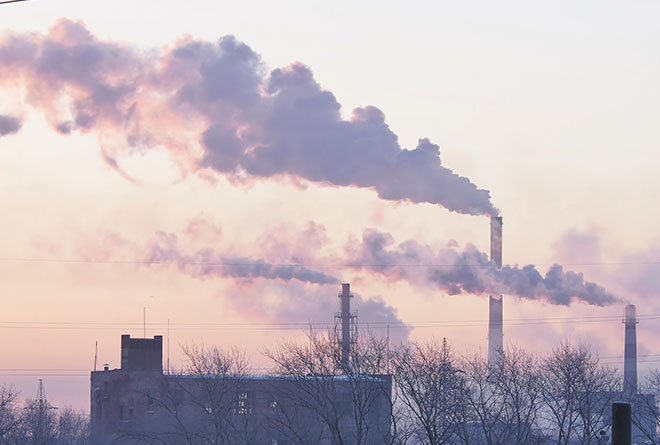
#100Improved legal protection of air and environment
The new Act No. 146/2023 Coll. on Air Protection was adopted, which, together with its implementing regulations, transposes up to 11 European Union directives into the Slovak legal order and thus provides effective and comprehensive protection in the field of air protection as a part of the environment.
The Air Protection Act focuses on three main objectives: overall air quality, the reduction of pollutant emissions and the limitation of emissions at source. In addition to setting allowable air pollution levels and emission requirements for stationary sources of air pollution, it also defines quality requirements for selected products such as fuels or regulated products. The new Air Protection Act introduced special permitting for stationary sources of air pollution. This specifies the decisive conditions for the operation of the source, including emission limits.
The new legislation increases the powers of the state, district authorities and municipalities in the fight to improve air quality. In particular, the new law strengthens the competences of local and regional authorities. Also the possibility for regional and local governments to develop air quality care programmes.
Scope for regulating and limiting odour is created and also air quality monitoring and assessment is regulated. There will also be changes in the area of permitting; the operation of stationary sources of air pollution will only be possible on the basis of a special permit. The permit will contain precisely defined emission limits and operating conditions.
The law also strengthens the possibilities for strict control of air pollution and the imposition of penalties by the state, which will be significantly increased. In the case of large sources of air pollution, the Slovak Environmental Inspectorate or a district authority will be able to impose fines of up to EUR 1 000 000. Domestic combustion plants will also be inspected if a complaint is reported. In the case of the first complaint, the municipality will warn the citizen of a possible violation of the law, while the second complaint will be referred to the inspectorate, which will carry out an on-site inspection. During the inspection, the inspectorate will be authorised to take ash from the chimney for analysis. In order to ensure that inspection activities are carried out consistently, the Ministry of the Environment plans to significantly strengthen the inspection and district office capacities both in terms of personnel and material and technical resources.
Violations of the ban on waste incineration detected during an inspection, whether by the municipality or by the inspectorate, will result in a fine. A fine will be imposed on a natural person for an offence and on a legal person for an administrative offence.
Regulation of selected specific activities has also been introduced if they are carried out independently and are not connected to a stationary source. These activities will not require an individual permit.
Another important change related to the new Air Protection Act is the regulation of the Air Pollution Charges Act. It changes the rates of the basic fees so that their amount takes into account the negative impacts of pollutant discharges into the air and motivates air polluters to further reduce emissions. The new law proposes increasing the rate of charges so that they double by 2030. From 2031 onwards, the fees will be increased annually in line with inflation. The law will enter into force on 1st January 2024.
Legal commentary
We provide daily commentary from various fields of law, business, and audit. We try to give an objective and impartial view of current topics that move the professional world.
- AuthorAdmin
- Date23.11.2023
- Webwww.lexante.sk